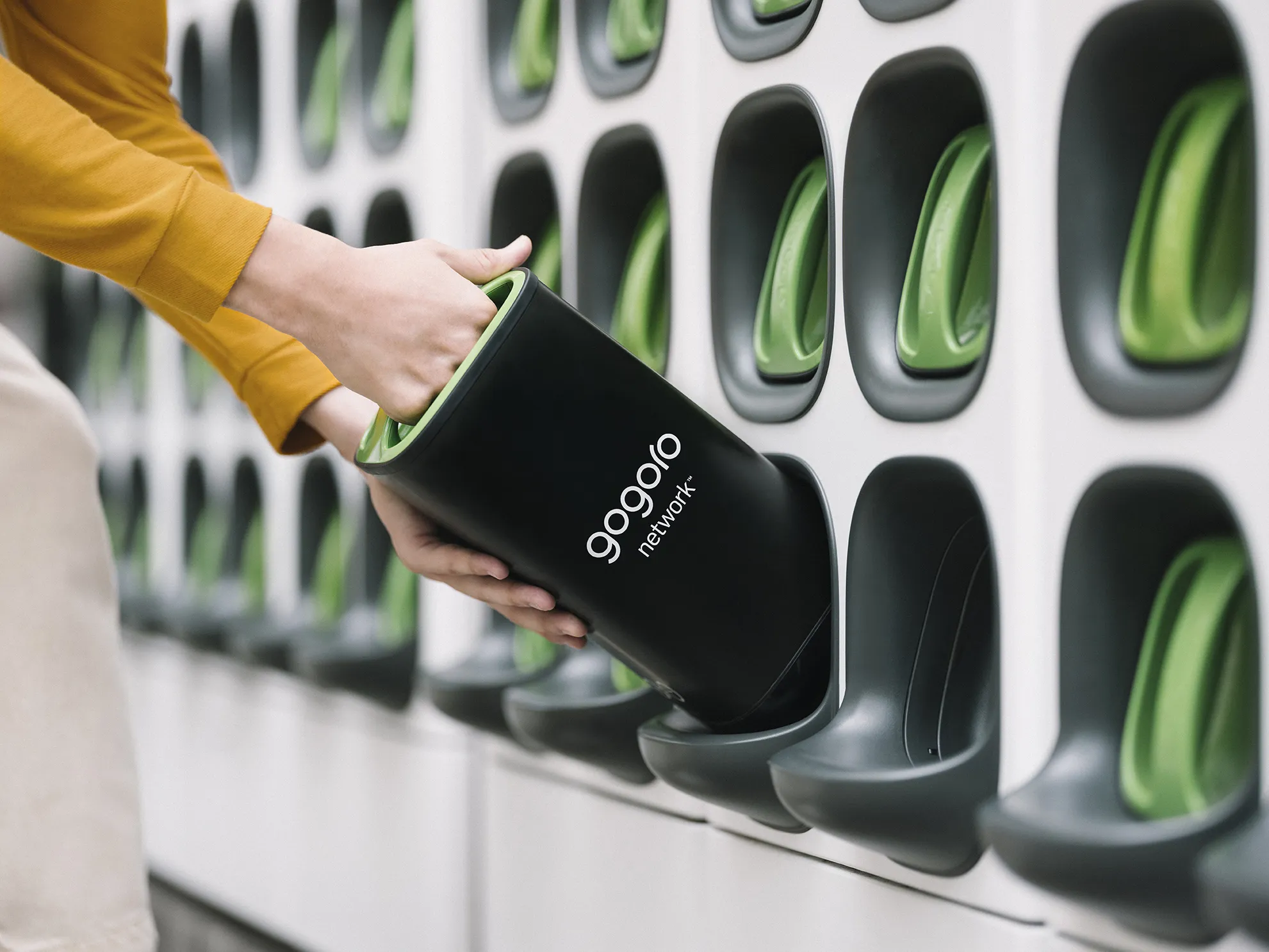Speaking at a seminar held in Ho Chi Minh City, Finland's Minister of Economic Affairs Jan Vanpaavuori said that that his country would help Viet Nam achieve ambitious targets for smart and green cities by providing assistance in sustainable urban planning, industrial design, clean technologies and digital services, along with education and training.
October 23, 2014
Read time: 2 mins
Speaking at a seminar held in Ho Chi Minh City, Finland's Minister of Economic Affairs Jan Vanpaavuori said that that his country would help Viet Nam achieve ambitious targets for smart and green cities by providing assistance in sustainable urban planning, industrial design, clean technologies and digital services, along with education and training.
"The fast urbanisation and dynamic modernisation process in Viet Nam has increased demand for energy efficiency, smart transport and modern city infrastructure. This enormous growth potential makes Viet Nam a very interesting partner in the smart city area," he said.
Vanpaavuori said Finland had invested a great deal in demand-driven innovations and new business solutions, assisted by forward-thinking companies. He said the strengths of the Finnish economy and industries complemented Viet Nam's development needs and challenges.
Finnish companies have already contributed to Viet Nam's Green City targets in a number of ventures, including waste-to-energy plants, urban infrastructure and bridge development and the development of Ho Chi Minh City’s new urban area.
Experts estimate that the population of cities will increase from 3.3 billion to nearly 5 billion by 2030.
"With fast-growing and transforming cities, we are faced with challenges like air pollution, traffic problems, poor or non-existing city planning, lack of space and sustainable energy solutions. If not taken care of, at worst this leads to serious socio-economic and environmental problems," Vanpaavuori said.
Le Manh Ha, deputy chairman of Ho Chi Minh City People's Committee, said the city wanted to become a smart city by using IT in urban management. "The city wants to access advanced technology from Finland in urban design, traffic management organisation and wastewater management so that we can create sustainable urbanisation and a growth model," he said.
"The fast urbanisation and dynamic modernisation process in Viet Nam has increased demand for energy efficiency, smart transport and modern city infrastructure. This enormous growth potential makes Viet Nam a very interesting partner in the smart city area," he said.
Vanpaavuori said Finland had invested a great deal in demand-driven innovations and new business solutions, assisted by forward-thinking companies. He said the strengths of the Finnish economy and industries complemented Viet Nam's development needs and challenges.
Finnish companies have already contributed to Viet Nam's Green City targets in a number of ventures, including waste-to-energy plants, urban infrastructure and bridge development and the development of Ho Chi Minh City’s new urban area.
Experts estimate that the population of cities will increase from 3.3 billion to nearly 5 billion by 2030.
"With fast-growing and transforming cities, we are faced with challenges like air pollution, traffic problems, poor or non-existing city planning, lack of space and sustainable energy solutions. If not taken care of, at worst this leads to serious socio-economic and environmental problems," Vanpaavuori said.
Le Manh Ha, deputy chairman of Ho Chi Minh City People's Committee, said the city wanted to become a smart city by using IT in urban management. "The city wants to access advanced technology from Finland in urban design, traffic management organisation and wastewater management so that we can create sustainable urbanisation and a growth model," he said.









